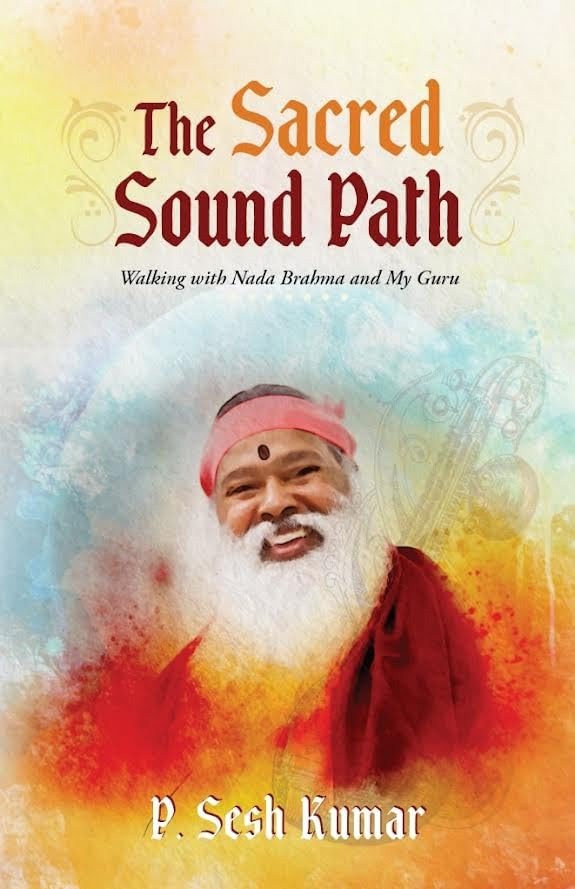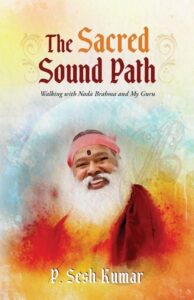The myth of youthful exuberance
Ravi Shanker Kapoor | January 13, 2015 4:20 am
Jayalalithaa’s conviction in the disproportionate assets case has also brought into focus a woman lawyer, 87-year-old Lily Thomas. She has been taken by anxious family members from her Delhi apartment to a ‘safer location.’ Thomas has proved to be the nemesis of politicians like Jayalalithaa and Lalu Prasad, for she had petitioned in the Supreme Court to scrap Section 8(4) of the Representation of the People Act. According to what is now known as the Lily Thomas judgment, if convicted for two or more years’ prison, a lawmaker stands disqualified immediately. Hats off to the gutsy lady!
Thomas’ courage and determination, as also of many others’ as we shall see, give a lie to the widespread belief that old people have no role to play and should retire after a certain age. The belief got a fillip when Narendra Modi opted for a relatively young Council of Ministers; people suddenly woke up to the virtues of youth. Concomitantly, older politicians were viewed as worthless anachronisms who ought to be have retired long ago. As if youth were synonymous with novelty, enlightened thinking, and forward-looking approach, and old age with staleness, benightedness, and regression. Nothing could be farther from the truth.
Young politicians in our country are often touted as ‘Young Turks.’ The term ‘Young Turks’ was used for a group of Turkish nationalists in the early 20th century who had rebelled against the absolute monarchy of the Ottoman Empire. Over the years, any group of young people impatient for change, especially against authority, came to be termed as Young Turks. The use of this term for young Indian politicians is, however, wrong and misleading; for, most of them being the scions of political dynasties, they are the beneficiaries of rather than rebels against the established order. Further, it is difficult to recall even a single feat of any young politician that will stand out half a century down the line.
Worse, some of them have exhibited conspicuous pusillanimity and appalling retrogression. Consider a two-year-old incident. The Asara panchayat in the Baghpat district, Uttar Pradesh, barred girls from using mobile phones on roads and women below 40 from shopping. And how did our ‘Young Turks’ respond?
Uttar Pradesh Chief Minister Akhilesh Yadav could not garner enough courage to immediately come out with a proper reaction to the Baghpat outrage. When pressed by newspersons, he said, “The decision, whether taken by the government or any social organization, must be in the interest of the people.” Could there be anything more bland, evasive, or cowardly?
If Yadav turned a blind eye to the outrage, RLD leader and the then civil aviation minister Ajit Singh’s son, Jayant Chaudhary, actually supported the panchayat diktat. Himself a Parliamentarian representing Mathura, Chaudhary said, “Everybody has a right to manage the affairs of one’s family the way they want. They [the panchayat members] are doing just that. It is no diktat. It is a mere suggestion from their side.” It is another matter that many “a mere suggestion” has resulted in social boycott, physical harm, and even murder! And, come to think of it, this chap did M.Sc. from the London School of Economics!
I don’t remember any young politician taking a tough, courageous, and moral stand against medievalism or, for that matter, any other social evil. Contrast this with Chandrapati, a widowed countrywoman from Haryana who fought heroically for justice for her son and daughter-in-law and succeeded in the first-ever court conviction in an honor-killings case in 2010.
In political and economic matters, too, young politicians have rarely, if ever, been found on the side of liberty. Rahul Gandhi’s confidant and Congress MP Meenakshi Natarajan wanted to gag the media two years ago. Among other things, the MP from Mandsaur in Madhya Pradesh had chalked a “ban” or suspension of coverage of an event that “may pose a threat to national security from foreign or internal sources.” It proposed the setting up of a media regulatory authority—part of which would be selected by the Information & Broadcasting Minister and three government nominees—with immense powers, many of which would be discretionary. The Bill elaborates on the standards which the media “must” follow.
So preposterous was the proposed legislation and so sharp was the reaction to it that the government was forced to go on the back foot. Information & broadcasting minister Ambika Soni said that Natarajan’s views are “not necessarily the government’s or the party’s thinking.” Natarajan’s attempt failed, but it proved once again that tyranny has little to do with age.
Nor has the feudal streak to do anything with age. Rahul Gandhi’s rights-based ideology is predicated upon a divinely ordained group of altruists who “give” rights and entitlements to the poor who are worthless creatures capable of nothing but desirous of everything under the sun. In this scheme of things, the altruists ensure that the meek shall inherit the earth. Many a young parliamentarian promotes this postmodern feudalism.
Compare this with the emancipative decisions made in 1991 by an old man, P. V. Narasimha Rao. He was 70 when he freed—well, to a large extent—the entrepreneur from the burden of bureaucracy and red tape.
Again, it was a man in his seventies, the socialist Jayaprakash Narayan, who successfully challenged dictatorship in the mid-1970s. And, by the way, the guy who called the shots in those days was a young man, Sanjay Gandhi. An old man fought for freedom, whereas a young man personified tyranny.
Another old man, Justice H.R. Khanna of the Supreme Court, fought one of the most heroic battles in the history of mankind. In the Habeas Corpus case, where the question was whether the right to life could be extinguished by the government, the apex court favored the government by a majority. The 62-year-old Khanna, however, wrote in his dissenting opinion, “The Constitution and the laws of India do not permit life and liberty to be at the mercy of the absolute power of the Executive… What is at stake is the rule of law. The question is whether the law speaking through the authority of the court shall be absolutely silenced and rendered mute… detention without trial is an anathema to all those who love personal liberty.”
Khanna’s uprightness cost him the top office, that of Chief Justice of India, but earned him eternal gratitude of the nation and of all lovers of liberty.
In a nutshell, there is no causality between youth and novelty, neither between old age and retrogression.































